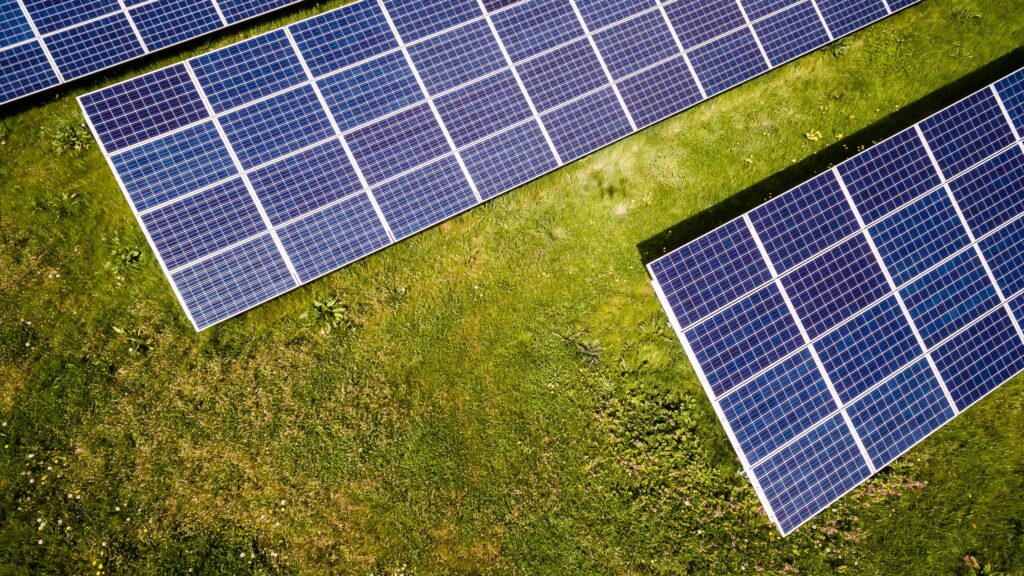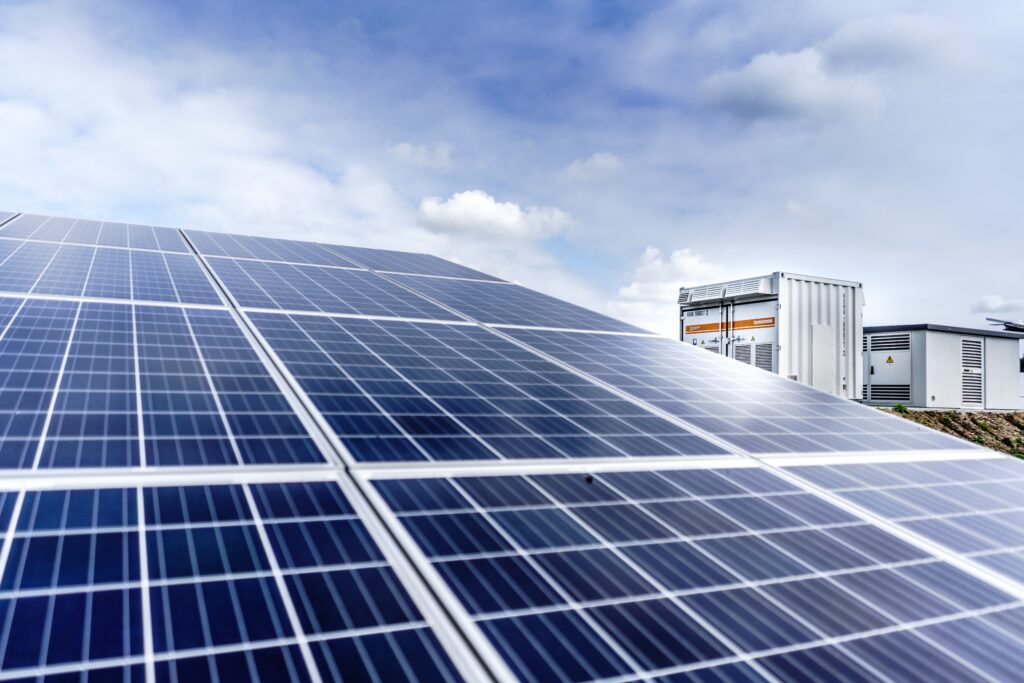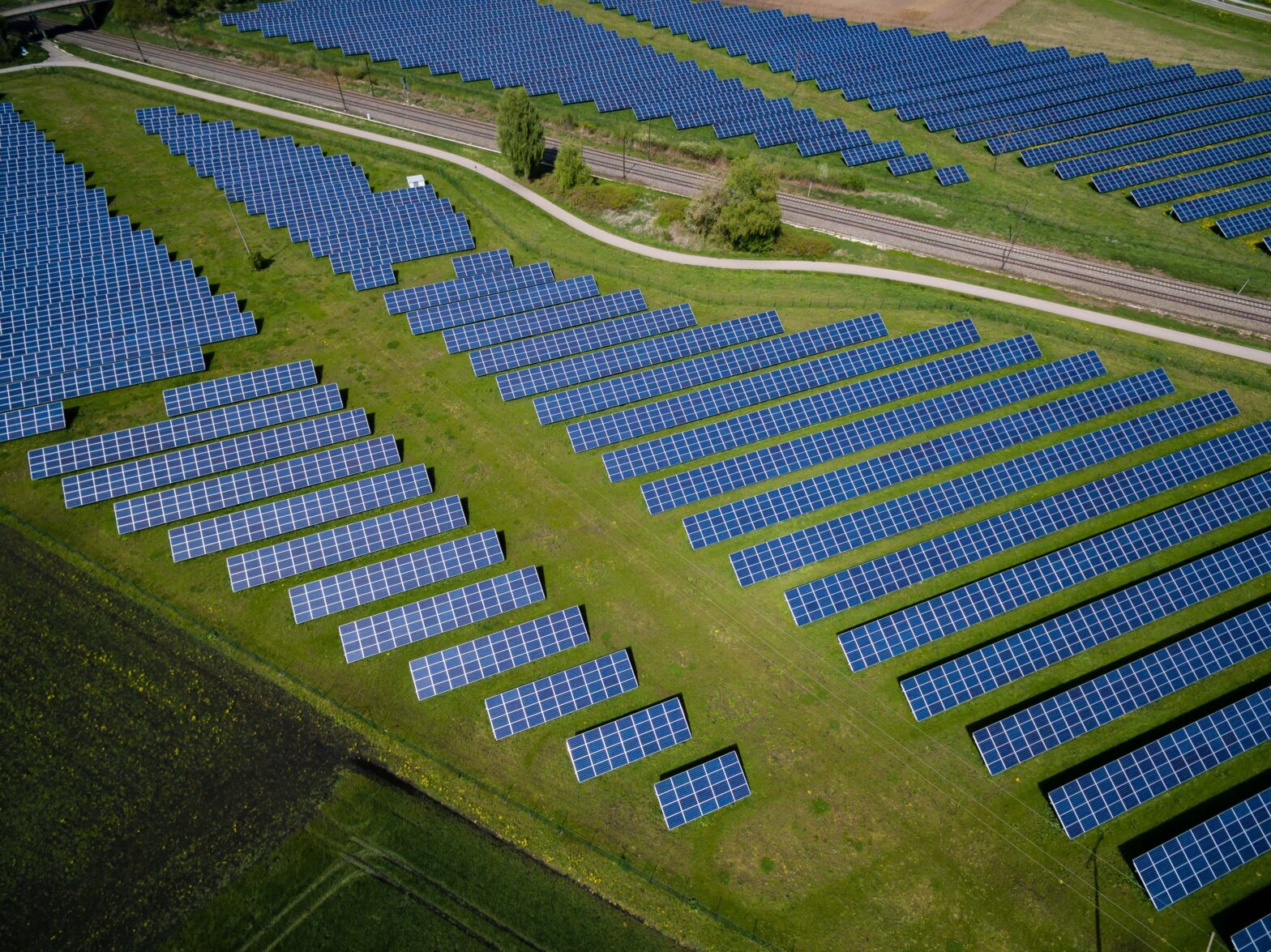Kenya is tackling the issue of food waste by implementing solar-powered cold storage facilities. With approximately one-third of fresh produce spoiling before it can be sold, Kenya’s innovative solution aims to prolong the shelf life of fruits and vegetables, allowing farmers to bring more of their produce to market. By harnessing the power of the sun, these mobile cold storage units equipped with solar panels ensure that farmers can preserve their perishable goods and reduce food waste, contributing to a more sustainable agricultural system.
Kenya harnesses solar power for cold storage to reduce food waste

Overview of Kenya’s innovative solution
Kenya has adopted an innovative solution to tackle the problem of food waste by harnessing the power of solar energy for cold storage. This solution involves the use of mobile cold storage facilities equipped with solar panels, enabling farmers to transport and store their produce in a controlled environment. This article will explore the implementation of solar-powered cold storage in Kenya, the benefits it offers, and its potential for replication in other countries.
Benefits of solar-powered cold storage
The use of solar-powered cold storage brings several benefits to Kenya’s agriculture sector and the overall food supply chain. Firstly, it significantly reduces food waste by extending the shelf life of perishable produce. With solar-powered cold storage, farmers can safely store their harvest for longer periods, allowing them to sell their produce before it spoils. This not only reduces economic losses but also ensures a more consistent and reliable supply of fresh produce in the market.
Additionally, solar-powered cold storage increases the availability of fresh produce throughout the year, even during off-peak growing seasons. This helps improve food security by ensuring a steady supply of nutritious food, reducing the dependence on imports and eliminating the need for long-distance transportation. Moreover, solar energy is a clean and renewable energy source, leading to lower greenhouse gas emissions and a reduced carbon footprint.

Current food waste problem in Kenya
Kenya faces a significant challenge in food waste, with a substantial amount of fresh produce going to waste before reaching the consumer. According to statistics, approximately one-third of fresh produce in Kenya spoils before it can be sold. This waste occurs due to various factors, including inadequate storage facilities, logistical challenges in transportation, and a lack of proper infrastructure to support the agriculture sector.
The problem of food waste has severe implications for both the agricultural economy and the overall economy of Kenya. Farmers bear the brunt of these losses, as their hard work and investments go to waste. Additionally, the economy loses a significant amount of revenue and potential economic growth due to wasted resources and decreased productivity in the agricultural sector.
Introduction to solar energy
Solar energy is a form of renewable energy derived from the sun’s radiation. It is harnessed through the use of solar panels, which convert sunlight into electricity. Solar energy offers several advantages, making it an ideal solution for various applications, including cold storage. It is clean, abundant, and sustainable, with no greenhouse gas emissions or pollution associated with its generation. Moreover, solar energy is freely available in most parts of the world, making it a readily accessible and cost-effective energy source.
The development of solar energy has evolved over the years, with significant advancements in solar panel technology and cost reduction. These advancements have made solar energy more efficient and affordable, leading to its widespread adoption in various industries and sectors, including agriculture.

Implementation of solar-powered cold storage
The implementation of solar-powered cold storage in Kenya involves a multi-faceted approach. The government has played a crucial role in promoting and supporting the adoption of this innovative solution. It has introduced initiatives and policies that incentivize farmers and entrepreneurs to invest in solar-powered cold storage facilities. These initiatives include tax incentives, subsidies, and financial support to encourage the installation of solar panels and the purchase of mobile cold storage units.
Collaboration with the private sector has also been instrumental in the implementation of solar-powered cold storage. Private companies have partnered with farmers, providing them with access to mobile cold storage units equipped with solar panels. These partnerships ensure that farmers can efficiently store and transport their produce to the market, minimizing spoilage and maximizing their profits.
To support the widespread adoption of solar-powered cold storage, training and education programs have been implemented. These programs aim to educate farmers and entrepreneurs about the benefits of solar energy and how to effectively use and maintain solar-powered cold storage facilities. Additionally, investments have been made in solar infrastructure, such as the establishment of solar farms and charging stations, to ensure a reliable and efficient energy supply for cold storage facilities.
Mobile cold storage facilities with solar panels
Mobile cold storage units equipped with solar panels have revolutionized the way farmers store and transport their produce in Kenya. These units are designed to provide a controlled environment for perishable produce, ensuring that it stays fresh and free from spoilage during transportation. The integration of solar panels allows these units to generate their own electricity, eliminating the need for traditional energy sources.
The design and features of mobile cold storage units vary, but they generally include temperature control systems, insulation, and adequate storage space. They are equipped with solar panels on their rooftops, which capture sunlight and convert it into electricity to power the cooling systems. The mobility of these units is a significant advantage, as farmers can move them closer to their fields during harvesting and then transport them to market centers or storage facilities.
The use of mobile cold storage facilities with solar panels has several benefits for farmers. It allows them to efficiently store their produce and preserve its quality throughout the entire supply chain. Farmers can sell their produce at a higher price, as it remains fresh and desirable to consumers for a more extended period. Additionally, the mobility of these units enables farmers to reach remote or underserved areas, ensuring that even marginalized communities have access to fresh produce.

Increasing efficiency in getting produce to market
The transportation and logistics of fresh produce have long been a challenge in Kenya. Poor infrastructure, limited access to refrigerated vehicles, and long distances between farms and markets contribute to delays, spoilage, and economic losses. However, the introduction of solar-powered cold storage has significantly improved the efficiency of getting produce to the market.
By using mobile cold storage units with solar panels, farmers can store their produce at the point of harvest. This eliminates the need for immediate transportation to distant markets and allows farmers to plan and strategize the distribution of their produce more effectively. As a result, the time between harvest and reaching the market is reduced, minimizing the risk of spoilage and maximizing the freshness of the produce.
Several case studies and success stories highlight the positive impact of solar-powered cold storage on the efficiency of the food supply chain. Farmers have reported increased profits, reduced losses, and improved market access. Additionally, consumers benefit from the availability of quality produce, leading to a more sustainable and resilient food system.
Reducing spoilage of fresh produce
Spoilage of fresh produce is a significant concern for farmers and the entire food supply chain. Several factors contribute to spoilage, including improper storage conditions, temperature fluctuations, and exposure to pests and diseases. However, solar-powered cold storage plays a crucial role in reducing spoilage and preserving the quality of fresh produce.
Solar-powered cold storage facilities provide the ideal environment for perishable produce, ensuring that it remains at the optimal temperature and humidity levels. The temperature control systems of these facilities keep the produce cool and prevent bacterial growth, mold, and decay. Furthermore, solar panels generate a reliable and continuous supply of electricity, maintaining the required conditions for the proper storage of produce.
The effectiveness of solar-powered cold storage in reducing spoilage has been proven in various studies and field trials. Researchers have observed a significant decrease in post-harvest losses when produce is stored in solar-powered cold storage compared to traditional storage methods. This reduction in spoilage not only benefits farmers but also contributes to overall food security and sustainability.

Positive impact on farmers’ livelihoods
The adoption of solar-powered cold storage has had a positive impact on farmers’ livelihoods in Kenya. By reducing post-harvest losses and increasing market access, farmers can significantly improve their income and financial stability. The ability to store and sell produce when market prices are favorable allows farmers to generate higher profits and invest in their farming operations.
Furthermore, solar-powered cold storage enhances the bargaining power of farmers in the market. With the availability of quality produce, farmers can negotiate better prices and establish long-term relationships with buyers and distributors. This stability and predictability in income enable farmers to plan for the future, expand their operations, and improve their overall standard of living.
Potential for replication in other countries
Kenya’s innovative solution of harnessing solar power for cold storage has the potential for replication in other countries facing similar challenges. The lessons learned from Kenya’s experience can guide policymakers, entrepreneurs, and farmers in other regions to adopt and implement solar-powered cold storage.
The adaptability of solar-powered cold storage makes it suitable for various agricultural contexts and climates. The technology can be customized to meet specific needs, whether it is large-scale cold storage facilities or small, portable units. Moreover, the affordability and accessibility of solar energy make it a viable solution for countries with limited resources or unreliable traditional energy sources.
Opportunities for international collaboration also exist in promoting solar-powered cold storage. Knowledge sharing, capacity building, and financial support can help countries overcome barriers and accelerate the adoption of this innovative solution. By replicating Kenya’s success, countries can reduce food waste, improve food security, and create more sustainable and resilient agricultural systems.
In conclusion, Kenya’s innovative solution of harnessing solar power for cold storage has demonstrated significant benefits in reducing food waste and improving farmers’ livelihoods. The implementation of solar-powered cold storage facilities, especially mobile units with solar panels, has increased the availability of fresh produce, reduced spoilage, and enhanced the efficiency of getting produce to market. The lessons learned from Kenya’s experience highlight the potential for replication in other countries, offering a promising solution to address the global challenge of food waste and promote sustainable agriculture.
